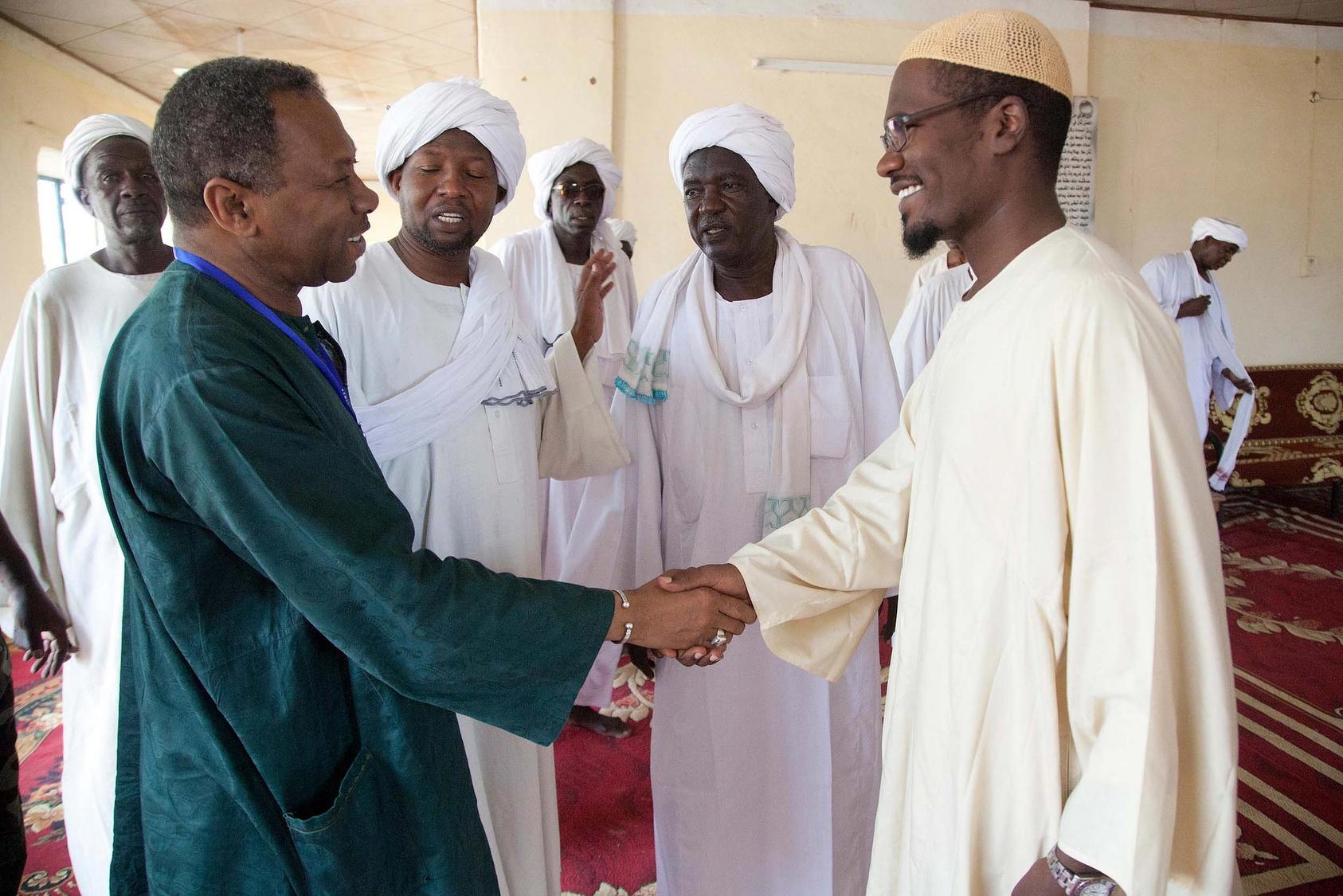Introduction to Peacebuilding: Micro-Course
This micro-course provides an overview of the main concepts and challenges that shape the work in the peacebuilding field. It exposes learners to the various tools and types of interventions utilized in the field and provides real-world examples that demonstrate the complex nature of peacebuilding.

Course Overview
By the end of this course, participants will be able to:
- Define the three main concepts of peacebuilding: peace, conflict, and violence.
- Identify key peacebuilding priorities.
- Describe how context and perspective influence the peacebuilding process.
- Identify the different tools, types of interventions, and strategies for building peace.
- Recognize that we all have the potential to be peacebuilders.
Overview Video
Click on the video below for an overview of the course.
If you cannot view the video, click here.
Agenda
Section 1 - Introduction
Introduces the importance of peacebuilding through real-world stories and asks the learner to reflect on their prior knowledge.
Section 2 - Pillars
Defines the main concepts and priorities of peacebuilding and discusses who can be a peacebuilder.
Section 3 - Tools
Introduces the primary tools and approaches to peacebuilding, and discusses with learners how their work fits into the spectrum of tools or approaches that contribute to peacebuilding efforts.
Section 4 - Application
Explores key themes from the course in further analysis of a case study while also continuing to reflect on how learners might incorporate a peacebuilding lens into their own work or other conflicts.
Section 5 - Conclusion
Provides a space for self-reflection and tests retention while earning a certificate.
Course Instructors and Guest Experts
Course Instructors
- Daryn Cambridge, Professional Development Portfolio Manager, EPIC, Training Resources Group
- Jacqueline Wilson, CEO, JHW Consulting, LLC
Guest Experts
- Pamela Aall, Senior Advisor, U.S. Institute of Peace
- Jeffrey Helsing, Peacebuilding Consultant & former Associate Vice President, U.S. Institute of Peace
- Illana Lancaster, Senior Program Officer, U.S. Institute of Peace
- Nancy Lindborg, former President and CEO, U.S. Institute of Peace
- Alison Milofsky, Director, U.S. Institute of Peace
- Matthew Levinger, Director, National Security Studies Program; Program Director, Master of International Policy and Practice; George Washington University



